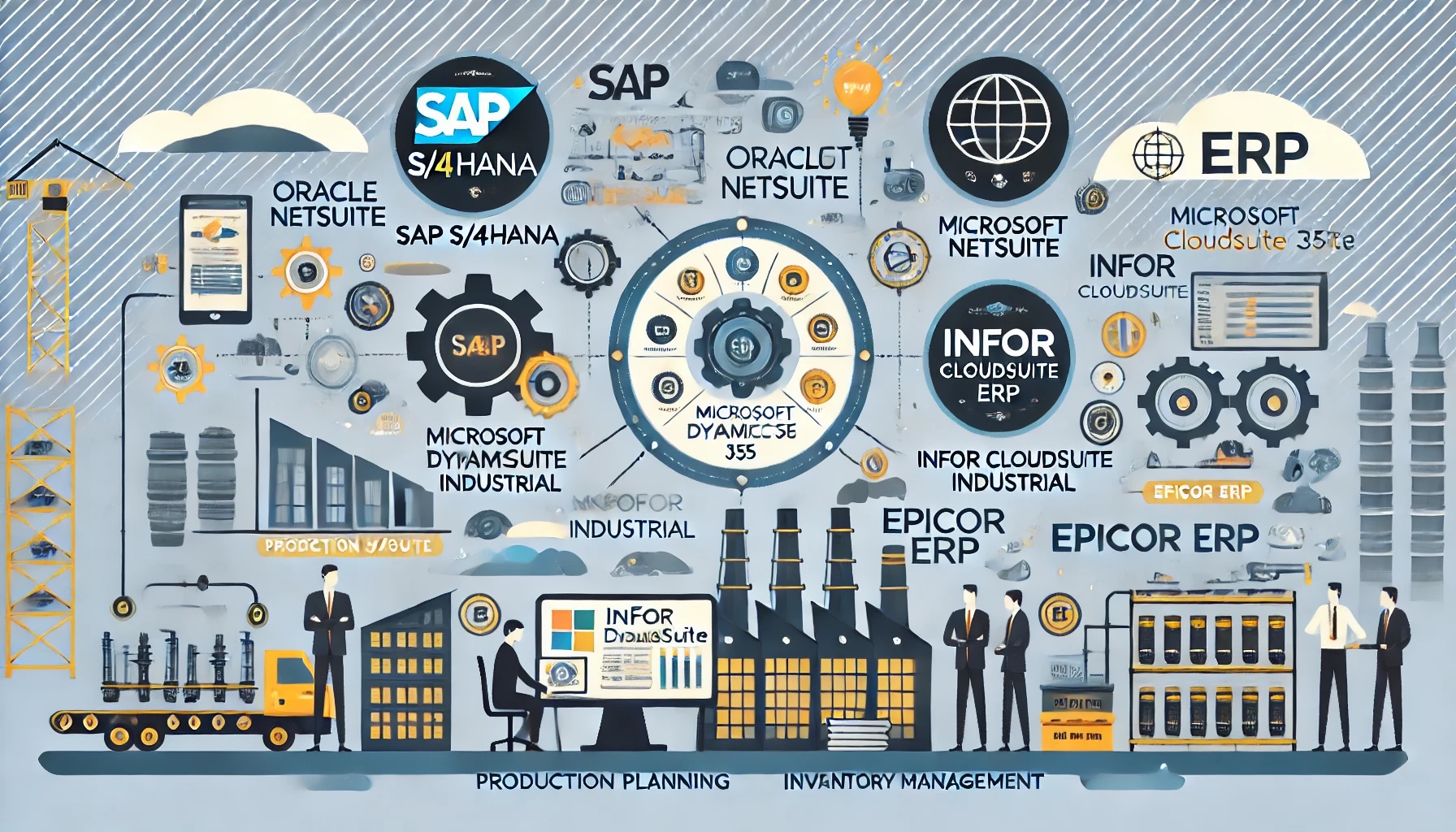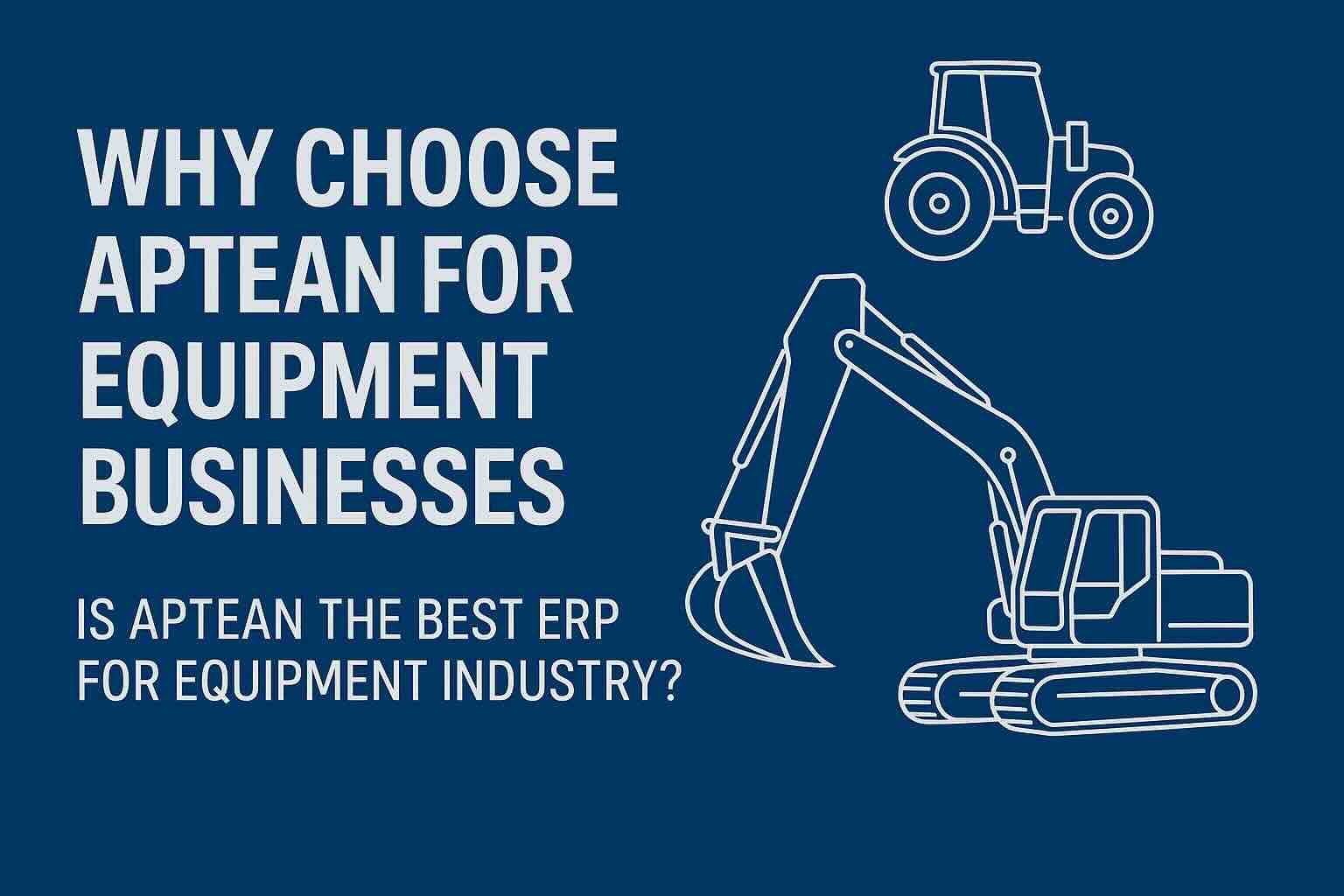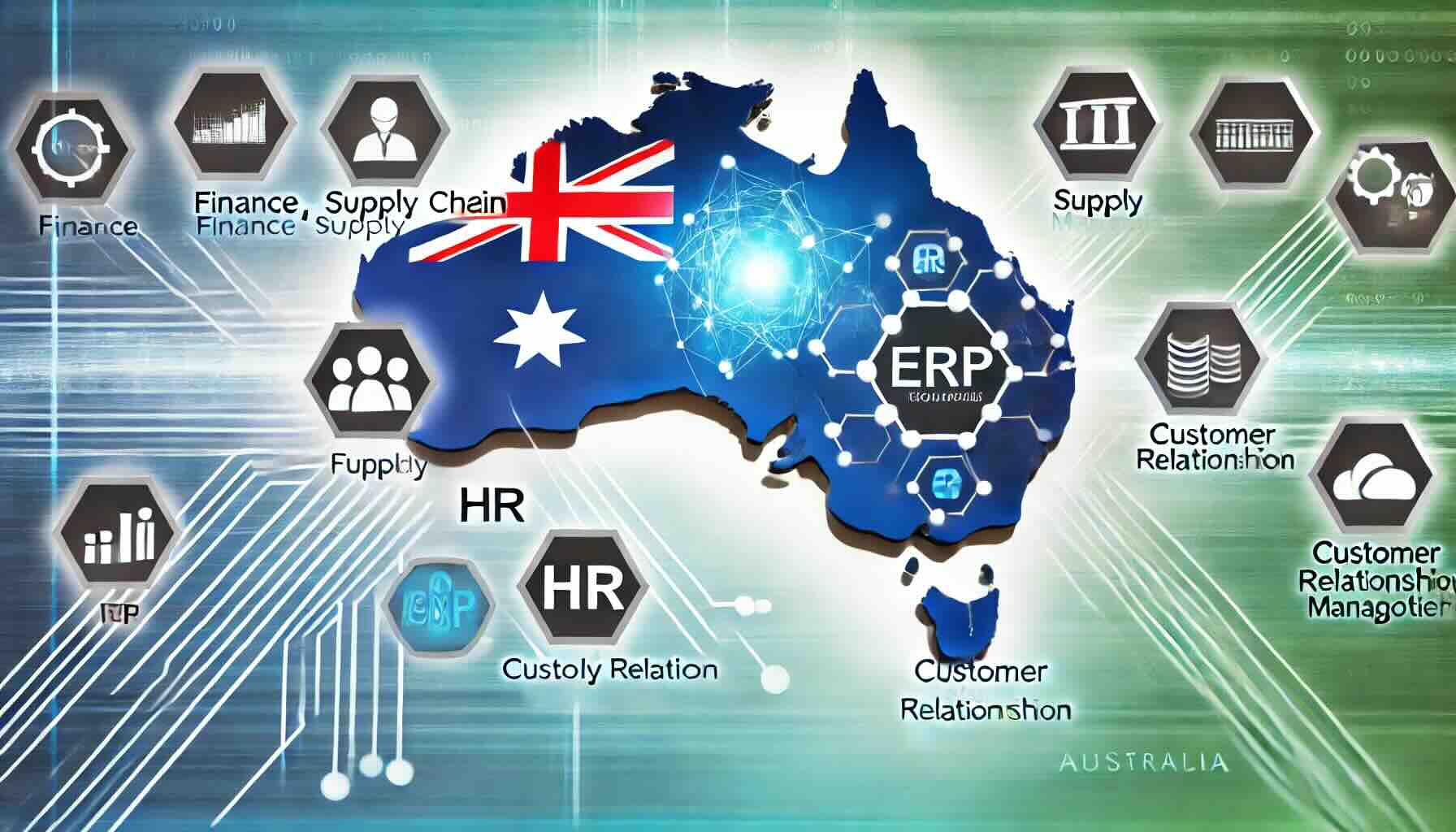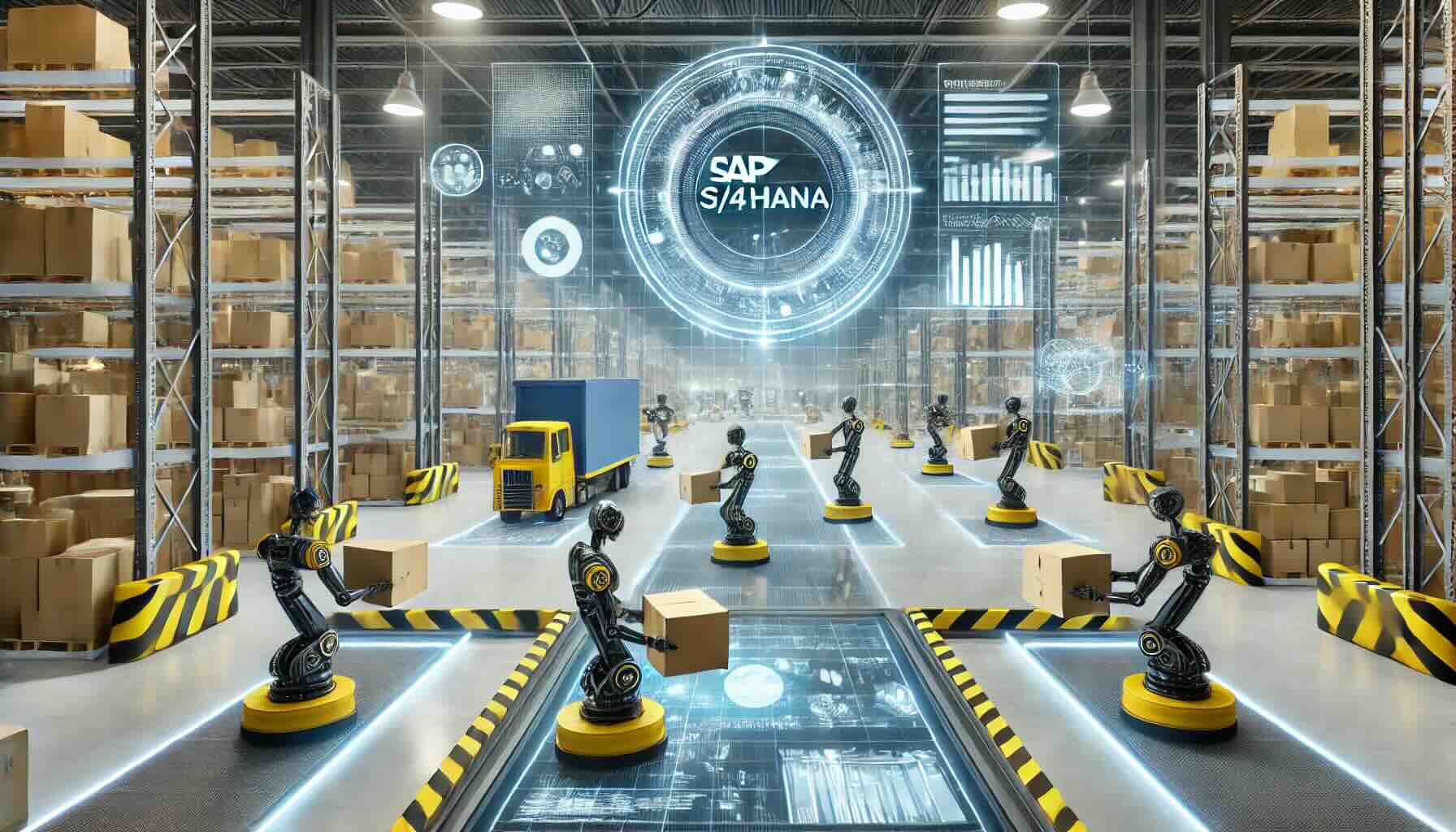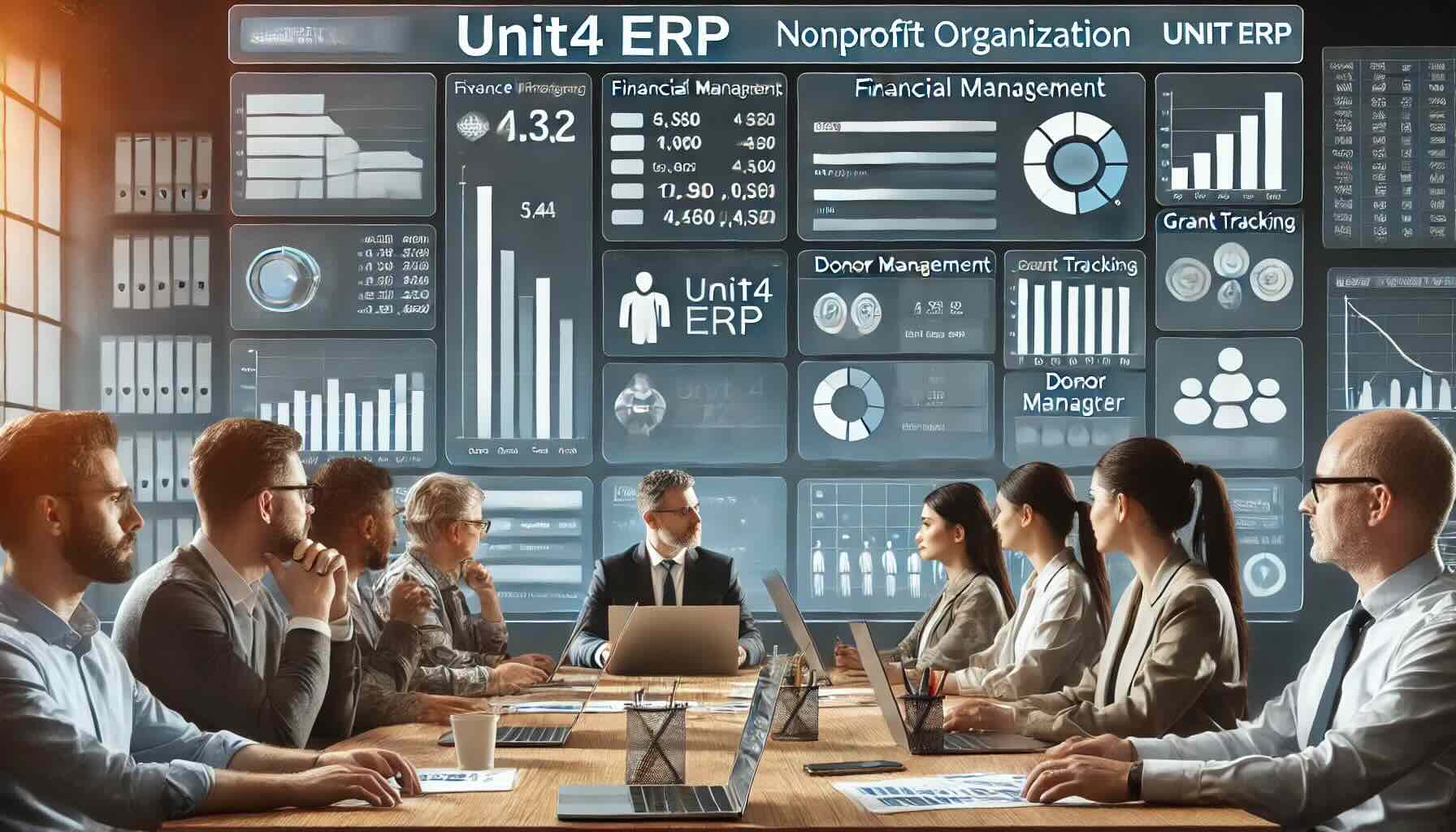Best ERP for Small Manufacturing Business: A Comprehensive Guide
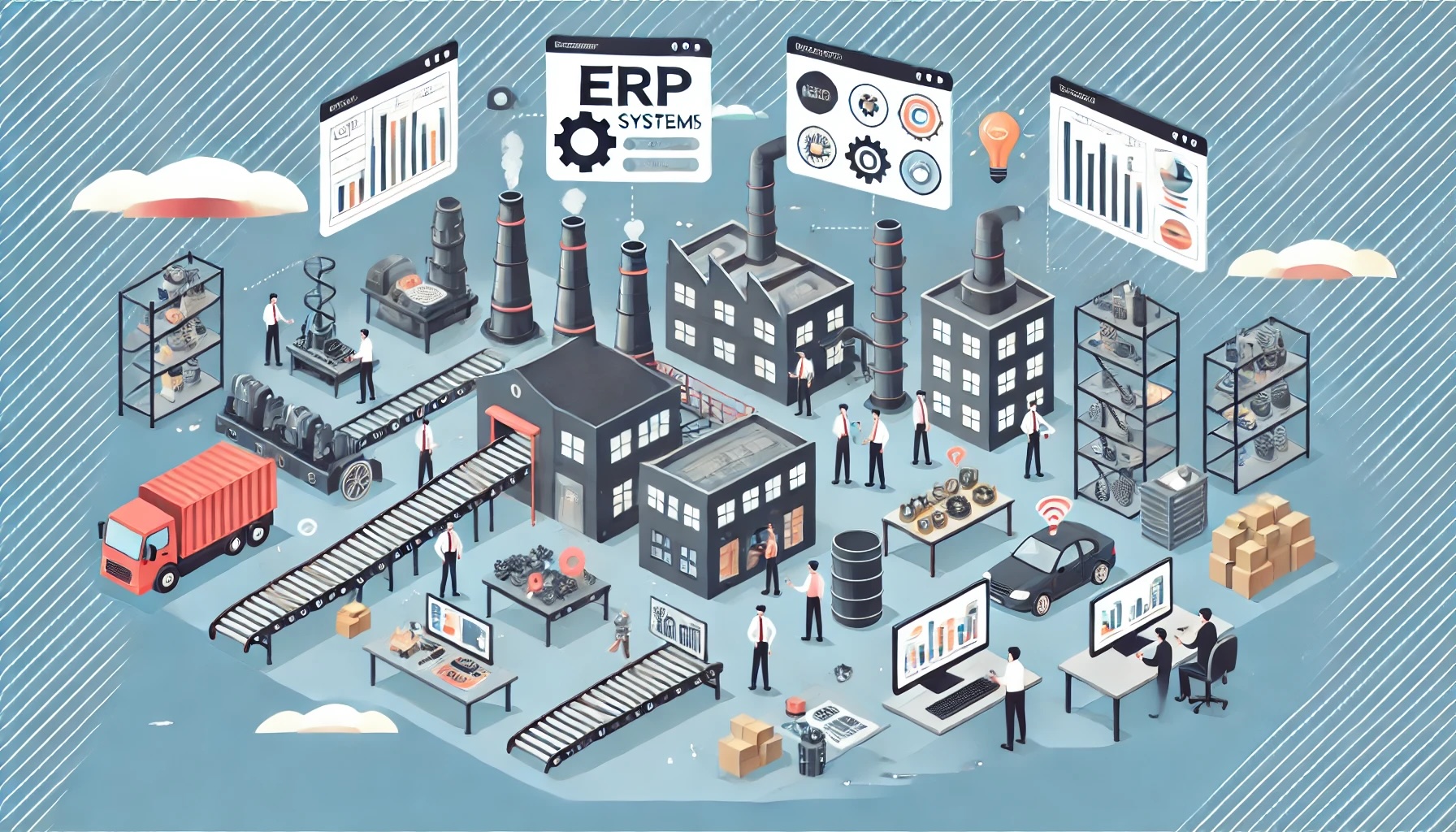
In today’s competitive market, small manufacturing businesses need efficient tools to streamline operations, manage resources, and ensure growth. Implementing the best ERP (Enterprise Resource Planning) system is crucial to achieve these goals. This guide will help you understand why ERP is essential for small manufacturing businesses, highlight the best ERP options available, and provide detailed pros and cons for each solution.
Why ERP is Essential for Small Manufacturing Businesses
1. Streamlined Operations
ERP systems integrate various business processes, ensuring seamless communication and data flow across departments. This leads to efficient operations, reduced errors, and increased productivity.
2. Better Inventory Management
With an ERP system, small manufacturers can maintain optimal inventory levels, reducing costs associated with overstocking or stockouts. Real-time data allows for accurate forecasting and planning.
3. Enhanced Decision-Making
ERP systems provide comprehensive insights and analytics, enabling business owners to make informed decisions. This helps in identifying growth opportunities and mitigating risks.
4. Regulatory Compliance
Staying compliant with industry regulations is easier with ERP systems that offer tools for tracking and reporting necessary data, ensuring your business meets all legal requirements.
Top ERP Solutions for Small Manufacturing Businesses
1. SAP Business One
SAP Business One is a robust ERP solution designed for small to mid-sized businesses. It offers comprehensive modules for financial management, sales, purchasing, inventory, and production. Its user-friendly interface and scalability make it an ideal choice for growing manufacturers.
Pros:
- Comprehensive Functionality: Offers extensive features covering financials, sales, purchasing, inventory, and production.
- Scalability: Can grow with your business, adding modules and features as needed.
- Real-Time Analytics: Provides real-time insights into business operations, helping in informed decision-making.
- User-Friendly Interface: Easy to use, which reduces the training time and increases adoption.
- Integrated CRM: Helps in managing customer relationships effectively.
Cons:
- Cost: Can be expensive for very small businesses, especially when including implementation and maintenance fees.
- Complexity: May be overly complex for very small businesses with simple needs.
- Implementation Time: Can take considerable time to implement fully, depending on the business size and requirements.
2. Odoo
Odoo is an open-source ERP solution known for its flexibility and extensive module library. It’s particularly suitable for small manufacturing businesses due to its affordability and customization options.
Pros:
- Flexibility and Customization: Highly customizable with a modular design that includes over 10,000 apps.
- Affordability: Offers a free community version and cost-effective pricing for paid versions.
- Open-Source: Allows businesses to modify the source code to fit specific needs.
- User-Friendly Interface: Intuitive and easy to navigate.
- Strong MRP Capabilities: Excellent for manufacturing resource planning.
Cons:
- Support: Community version support can be limited compared to paid versions.
- Customization Complexity: While customizable, it may require technical expertise to modify effectively.
- Integration: Some users report challenges with integrating Odoo with other third-party applications.
3. NetSuite
NetSuite, by Oracle, is a cloud-based ERP solution perfect for small manufacturers aiming for rapid growth. Its comprehensive suite covers everything from financials to supply chain management.
Pros:
- Comprehensive Suite: Covers financials, supply chain, CRM, and more, making it a one-stop solution.
- Scalability: Suitable for businesses of all sizes and can scale with growth.
- Real-Time Visibility: Provides up-to-date insights into business operations.
- Cloud-Based: No need for on-premises hardware, reducing IT costs.
- Global Reach: Supports multi-currency, multi-language, and multi-subsidiary operations.
Cons:
- Cost: One of the more expensive ERP solutions, with high implementation and subscription fees.
- Complexity: Can be complex to implement and manage, requiring specialized expertise.
- Customization: Customizations can be costly and time-consuming.
4. Epicor ERP
Epicor ERP is designed specifically for manufacturing businesses. It supports various manufacturing processes, including discrete, mixed-mode, and make-to-order, making it a versatile option for small manufacturers.
Pros:
- Industry-Specific Solutions: Tailored specifically for manufacturing businesses.
- Robust Supply Chain Management: Excellent tools for managing the entire supply chain.
- Advanced Planning and Scheduling: Helps in optimizing production processes.
- Integrated Quality Management: Ensures compliance with industry standards.
- Flexibility: Can handle various manufacturing processes like discrete, mixed-mode, and make-to-order.
Cons:
- Cost: Can be expensive, especially for smaller businesses.
- Implementation: The implementation process can be lengthy and complex.
- User Interface: Some users find the interface less intuitive compared to other ERP systems.
5. Infor CloudSuite Industrial (SyteLine)
Infor CloudSuite Industrial, also known as SyteLine, is a comprehensive ERP solution tailored for manufacturers. It offers extensive functionality to manage all aspects of manufacturing operations.
Pros:
- Comprehensive MES: Provides a complete Manufacturing Execution System.
- Advanced Planning and Scheduling: Offers detailed planning tools for efficient production management.
- Strong Inventory Management: Helps in maintaining optimal inventory levels.
- Cloud-Based: Reduces the need for on-premises infrastructure.
- Mobility Support: Accessible via mobile devices, enhancing flexibility.
Cons:
- Cost: Higher initial and ongoing costs may be a barrier for small businesses.
- Customization: Customizations can be complex and may require professional services.
- Training and Adoption: Can require significant training, which might be challenging for smaller teams.
How to Choose the Best ERP for Your Small Manufacturing Business
1. Identify Your Needs
Before selecting an ERP, assess your business requirements. Consider factors such as the size of your business, budget, specific functionalities needed, and future growth plans.
2. Evaluate Vendor Support
Choose an ERP vendor that offers strong customer support, including implementation assistance, training, and ongoing support. Reliable support ensures a smooth transition and continuous system optimization.
3. Scalability and Flexibility
Ensure the ERP system is scalable to accommodate your business growth. Flexibility in customization and module selection is also important to tailor the system to your unique needs.
4. User-Friendly Interface
An intuitive and user-friendly interface minimizes the learning curve for your team, ensuring quick adoption and efficient usage of the ERP system.
5. Cost Considerations
Evaluate the total cost of ownership, including initial setup, licensing fees, and ongoing maintenance costs. Choose an ERP that fits within your budget while providing the necessary features and functionalities.
Conclusion
Selecting the best ERP for a small manufacturing business is a critical decision that can significantly impact your operational efficiency and growth potential. Consider your specific needs, evaluate top ERP solutions like SAP Business One, Odoo, NetSuite, Epicor ERP, and Infor CloudSuite Industrial, and make an informed decision to drive your business forward. Implementing the right ERP system will streamline your operations, enhance decision-making, and ensure regulatory compliance, positioning your small manufacturing business for long-term success.
To compare these ERP solutions and many more, you can use our new AI-powered Compare ERP tool. It’s free to use and you get a guaranteed discount on your first year’s licence fees with a referral from Compare ERP.
